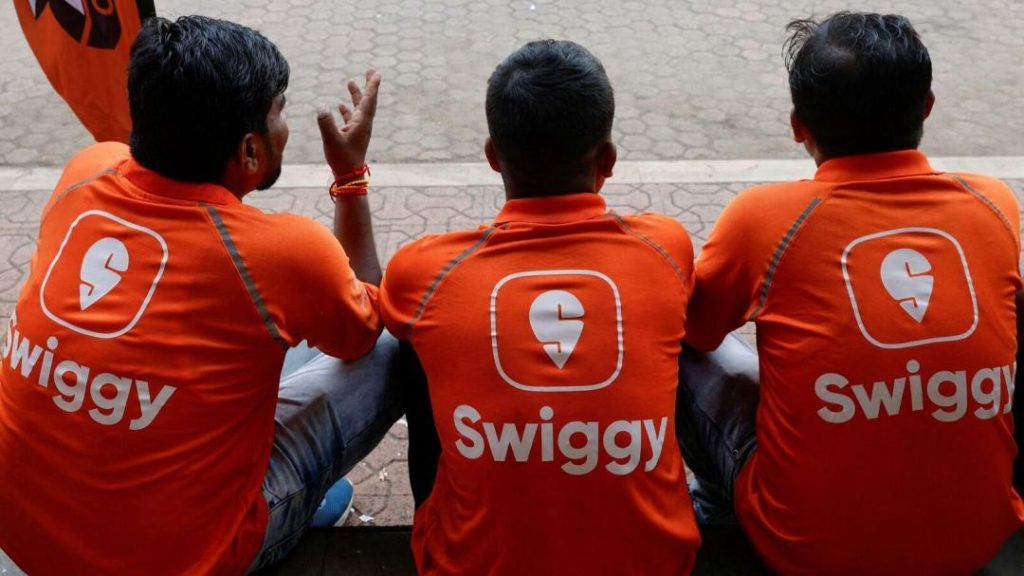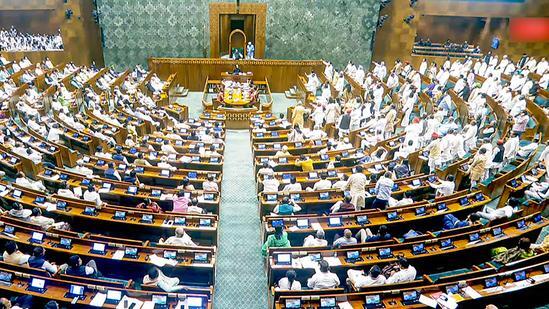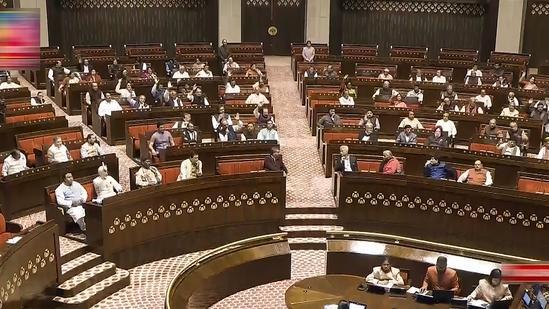
Swiggy Faces ₹158 Crore Tax Demand Over Cancellation Fees
Swiggy, one of India’s leading food delivery platforms, has found itself in a sticky situation as the Income Tax Department has slapped a tax demand of ₹158 crore for the financial year 2021-22. The demand arises from alleged violations related to cancellation charges paid to merchants, which the tax authorities claim is taxable.
According to the news report, Swiggy has been ordered to pay the tax demand, which includes interest and penalty, within a specified timeframe. The company, however, plans to appeal against the demand, claiming that it stems from a misunderstanding of tax provisions.
The demand may set a precedent for how cancellation fees are taxed in the evolving digital economy. Cancellation fees, which are common in the e-commerce space, are typically charged to customers when they cancel their orders or fail to show up for pickups. In Swiggy’s case, the company collects cancellation fees from customers and then passes on a portion of it to merchants.
Experts believe that the tax demand may be a test case for the Income Tax Department’s stance on taxing cancellation fees. “This demand could have far-reaching implications for the entire e-commerce industry,” said a tax expert, who wished to remain anonymous. “If Swiggy is found to be liable for tax on cancellation fees, it could set a precedent for other companies to pay taxes on similar charges.”
Swiggy’s cancellation fee policy is designed to protect merchants from financial losses when orders are cancelled or failed pickups occur. The company charges customers a fee, which is typically a percentage of the order value, when they cancel their orders or fail to show up for pickups. This fee is then passed on to merchants, who can use it to offset losses.
The tax demand, however, suggests that the Income Tax Department views cancellation fees as taxable income for companies like Swiggy. This could have significant implications for the e-commerce industry, which relies heavily on cancellation fees to manage its operations.
So, what does this mean for Swiggy and the e-commerce industry as a whole? For Swiggy, the tax demand is a significant setback, especially when the company is already facing intense competition in the food delivery space. The demand could also impact Swiggy’s profitability, as the company would need to pay the tax demand out of its own pocket.
For the e-commerce industry, the demand could set a precedent for how cancellation fees are taxed. If Swiggy is found to be liable for tax on cancellation fees, it could lead to a wave of similar demands from other companies. This could lead to a significant increase in compliance costs for e-commerce companies, which could ultimately be passed on to consumers.
The tax demand also raises questions about the tax treatment of cancellation fees in the e-commerce industry. Currently, cancellation fees are not taxed as income for companies like Swiggy. However, if the Income Tax Department’s stance is upheld, it could lead to a rethink on the tax treatment of cancellation fees.
In conclusion, the tax demand on Swiggy is a significant development in the e-commerce space. As the industry continues to evolve, it is essential for companies like Swiggy to stay ahead of the tax curve. The demand may set a precedent for how cancellation fees are taxed in the future, and it is crucial for companies to understand the tax implications of their business models.
Source:
https://ascendants.in/industry_events/swiggy-rs-158-crore-tax-demand/






